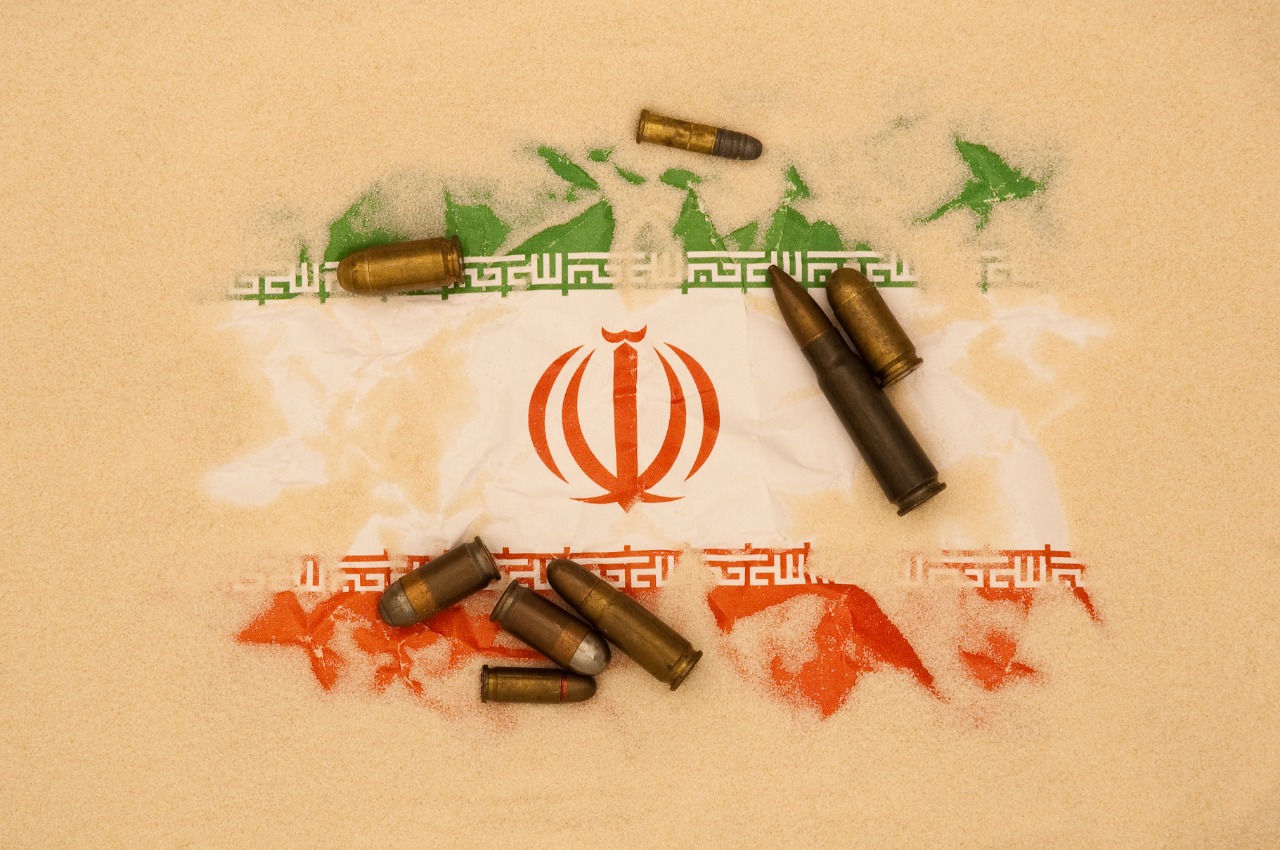If there is something in common between Iran and Al Qaeda, it is without doubt their pragmatic behavior. While Iran is a state with a clear ideological orientation, which strives to export its revolution and religious and political principles to the world, it has no problem cooperating with any entity, party, or political actor that disagrees with it ideologically. This tendency is borne of the belief that Iran’s foremost enemies are the United States and Israel, along with all those who assist them in the region. Accordingly, any other parties remain potential allies.
Al Qaeda, on the other hand, can be described as adopting populist policies, as it strives to garner the sympathy from all factions of the Islamic world, believing it should focus its fight on the distant enemy, the United States. It is on this pragmatic basis that the relationship between Iran and Al Qaeda was established nearly three decades ago. However, under current circumstances, in which both Iran and Al Qaeda are experiencing extreme American and regional pressure, questions have arisen surrounding the possibility of strengthening ties between the two, and whether Tehran could become Al Qaeda’s new headquarters.
The Extent of Ties
Despite intelligence circulated after the September 11, 2001 attacks , the scope of the relationship between Iran and Al Qaeda, remained unclear, until May 2012, with the release of the Osama bin Laden documents found during the seizure of his residence in Abbottabad, Pakistan in 2011. US intelligence has released thousands of such documents since then.
Iran and Al Qaeda’s ties date back to 1990s Sudan, through to Al Qaeda’s move to Afghanistan, and even manifesting on Iranian soil before, during, and after the events of September 11. Between 1991 and 1992, Osama bin Laden lived in Khartoum, where he met an Iranian envoy, with whom he reached an informal cooperation agreement. Under the agreement, Iran would provide Al Qaeda with intelligence and explosives, as well as security training. Soon after these meetings, senior Al Qaeda operatives and trainers traveled to Iran to receive explosives training. In the fall of 1993, another such delegation went to the Beqaa Valley in Lebanon for further explosives, intelligence, and security training, under the supervision of Hezbollah.
Al Qaeda’s relationship with Iran centered on Revolutionary Guard units and Iranian intelligence. Iran also has a special bureau charged with managing Iran’s relations with Sunni militant organizations and transporting Al Qaeda leaders to and from Afghanistan through its bases in Pakistan, parts of Iraq, southern Lebanon, and Syria.
Reports have revealed that most of the top-level Al Qaeda leaders traveled to Iran at least once on military missions and meetings. The most prominent of these include Al Qaeda leader Ayman al-Zawahiri, who is rumored to have died in 2020, commander of Al Qaeda’s operations after Osama bin Laden’s death, Attia Abdul Rahman, who was killed in August 2011, Saif al-Adl, commander of Al Qaeda’s military wing and who some have suggested would take over leadership of the organization in the event of Al-Zawahiri’s death, and Abu Musab al-Zarqawi, Al Qaeda’s commander in Iraq, who was killed in June 2006.
Daniel Byman, director of research at the Saban Center for Middle East Policy at Brookings Institution, argues that Iran shrouds its relationship with Al Qaeda in secrecy, unlike its relationship with other groups that it provides with financial, military, and logistical support. This is done with the aim of utilizing Al Qaeda to pressure the United States during negotiations, and to use it to unleash terrorist attacks on regional adversaries. Al Qaeda’s continued presence in the region also serves to legitimize Tehran’s interference in the affairs of neighboring countries under the pretext of protecting religious sites and the defense of the doctrine.
Limitations on Cooperation
Despite their ties, going public with this relationship, or allowing Al Qaeda to make Iran its base of operations remains an unlikely proposition under current conditions, for the following reasons:
1- It appears Iran’s relationship with Al Qaeda has not , throughout its history, developed beyond advanced coordination, and has not become an alliance. According to former Al Qaeda leader Mahfouz Ould al-Walid, Abu Hafs al-Mauritani, the group’s relationship with Iran could never be described as good or excellent. Numerous Al Qaeda members and followers of the Abu Musab al-Zarqawi movement refused to coordinate with Iran, going as far as to declare it an enemy. Western analysts have also argued the relationship did not advance beyond the pragmatic, and that Iran hosted Al Qaeda leaders in exchange for keeping itself safe from the organisations’ attacks. Indeed, the relationship has seen tensions, particularly after Iran’s refusal to allow bin Laden’s family to leave the country and join him in Afghanistan and Pakistan, which prompted the organization to kidnap an Iranian diplomat and force Tehran to allow them to go.
2- Iran mainly relies on a strategy of regional proxies, who work to implement Tehran’s tactics against its opponents. Consequently, operation centers are always situated outside Iran, such as with Hezbollah in Lebanon, the Houthis in Yemen, and the Popular Mobilization Forces in Iraq. Iran turned over the training of Al Qaeda members to Hezbollah, to conduct in Lebanon.
Iran as a rule seeks to keep its wars outside its territories, keeping its adversaries distracted and occupied confronting several other points of attack. Consequently, allowing Al Qaeda to operate from within Iran would represent a major departure from this deeply rooted Iranian strategy.
3- Al Qaeda is currently at one of its weakest points, the organization’s central leadership today is nothing but a poor imitation of what it was in the past. If the name Al Qaeda remains active, it is thanks to the branches that bear its name and the groups that have pledged allegiance to it in areas extending from the Sahel region to Pakistan, through Somalia, Egypt, and Yemen. Yet Al Qaeda does not control these groups’ operations or alliances, which follow a local and regional approach independent of the organization. There seems little to be gained by moving Al Qaeda’s core leadership to Iran under these conditions.
To conclude, although Iran does not seem ready to give up its relationship with Al-Qaeda, there is no indication the relationship is set to advance to a higher level at present. It seems clear that the current media focus on aspects of Iran’s ties to Al Qaeda aims to pressure Iran and disrupt potential agreements with the Biden administration.

